“Miso nikomi udon” is a dish made by simmering raw noodles in a clay pot with bonito flakes in the soup made with hatcho miso, which is a standard in the Nagoya area. It is famous as a Nagoya specialty you can find in various parts of the prefecture as a local dish of Aichi Prefecture. What is the feature of it? How did this dish born? Let’s find out all in this article.
What is miso nikomi udon?
Miso nikomi udon is a dish of thick udon noodles cooked in a thick broth made from bonito dashi and Nagoya’s famous hatcho miso. The ingredients include chicken, fried tofu, eggs, and green onions, providing an excellent nutritional balance.
The main feature of Miso Nimikomi Udon is the thick Hatcho miso soup. The strong udon noodles in the soup, which are cooked in their raw state, are very satisfying. The udon is not boiled separately like regular udon, but is made from just flour and water, and is cooked together with the soup. Because the udon is cooked for a short time, the core of the udon remains a little, but the noodles are so thick and strong that first-time eaters may think they are undercooked.
Miso katsu, made with aka miso, is also famous in Nagoya, and is often together with Misokatsu in the local area, where people prefer dishes with strong flavors.
History of miso nikomi udon
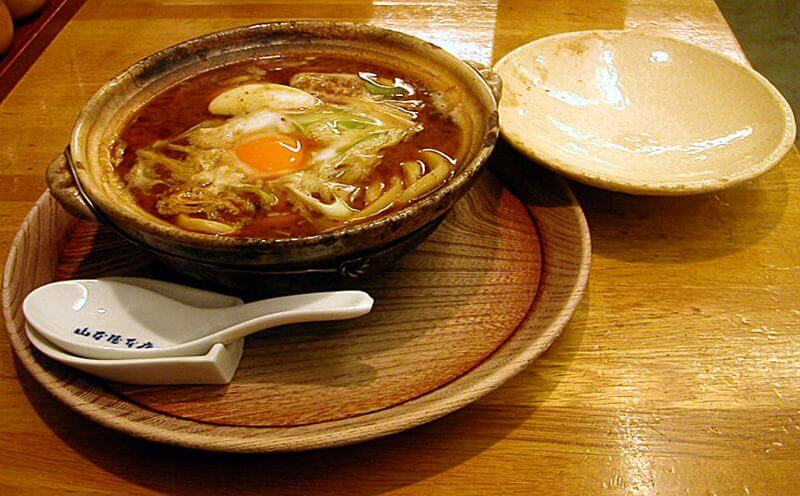
Misonikomi udon is a home-style dish made by simmering strong udon noodles in a broth made with Hatcho miso and dried bonito flakes. In the Meiji era, you can find at restaurants in Ichinomiya City. Later, it has become a common dish in Nagoya and other areas.
Hatcho miso, one of the most popular seasonings in Aichi Prefecture, is a soybean miso that originated in Hatcho Village, (eight cho (about 870 meters) away from Okazaki Castle), the residence of Tokugawa Ieyasu, and is characterized by its rich flavor and color. It is mostly from soybeans, and takes a long time to ferment and age.
Hatcho miso is also more nutritious than other types of miso, and the red miso culture in Mikawa is strongly rooted in its health benefits. For this reason, there are many local dishes in Aichi Prefecture that use red miso, and Miso nikomi Udon is one of the most representative dishes.
Udon, like Hoto, is made with only wheat flour and water, without salt. This is because the lack of salt keeps the udon soft and firm even after cooking.
Misonikomi Udon, a local dish of Aichi Prefecture shares some features in common with a local dish of Yamanashi Prefecture, Hoto. Before, Takeda army ate Hoto during their campaign, and after the fall of the Takeda clan, a vassal of the Takeda clan who served the Tokugawa clan taught him how to make Hoto, which led to the birth of Misonikomi Udon in Aichi, the Owari region.
Hatcho miso, the key ingredient for the flavor, is from Hatcho Village, eight streets west of Okazaki Castle, the former residence of Ieyasu Tokugawa, and was carried in battle by the Mikawa warriors, led by Ieyasu. It seems that Aichi’s Miso nikomi Udon was made by simmering strong noodles in a pot with thick Hatcho miso like Houtou.
How to cook miso nikomi udon?
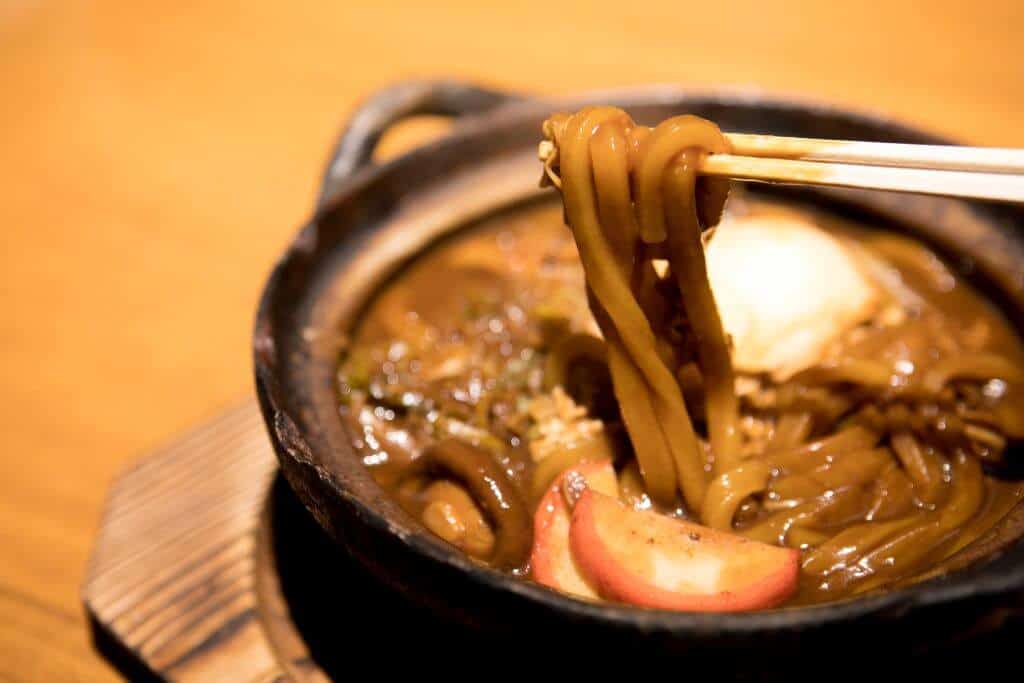
miso nikomi udon ingredients
| miso nikomi udon ingredients for one person | |
| boiled udon noodles | 120g |
| chicken thigh | 40g |
| long green onion | 1/2 |
| fried tofu | 1/3 |
| bonito soup stock | 350cc |
| red miso (Hatcho miso is preferable) | 50g |
| white miso | 10g |
| sugar | 5g |
| mirin (sweet cooking rice wine) | 10cc |
miso nikomi udon recipe
Cut chicken thighs into bite-sized pieces, slice green onions diagonally, and cut fried tofu into 1cm pieces.
Put the bonito soup stock in an earthenware pot, and over low heat. Add the red miso and white miso to the pot and dissolve well. Then add sugar and mirin.
Soak the udon in hot water for a while, and when it loosens up, put it in a colander. Turn the heat of the earthenware pot to high. Add the udon just before it comes to a boil, and turn the heat to medium.
Add the chicken thighs and fried tofu to the earthenware pot and simmer over medium heat for about 3 minutes.
(To prevent the udon from sticking to the bottom of the pot, be sure to mix it gently from time to time.)
Finally, add the egg and spring onions and serve.
If you are making this for two people, do not double the amount of seasoning, but use about 1.5 times the amount.
Use Hatcho miso for the red miso for a richer flavor and a unique sourness. For toppings, I recommend shiitake mushrooms, maitake mushrooms, shimeji mushrooms, rice cakes, or shrimp tempura. Tororo (grated yam) is also good. You can also add cheese, kimchi, or tomatoes for a different taste. Junmai dry sake at room temperature is recommended.
What kind of miso is used for miso nikomi udon?
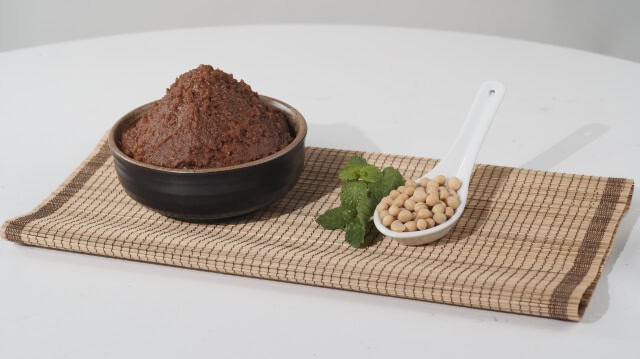
In Miso Nimikomi Udon, people use red miso as a seasoning. However, if you want to make a real miso nikomi udon, I recommend using hatcho style miso.
Hatcho style miso ( is a dark brown miso with a unique astringent taste and flavor. It is a miso with little sweetness due to its low sugar content. Hatcho miso is from the Tokai region, where summers are hot and humid. To prevent the fatty acids in the soybeans from oxidizing, the miso is made with plenty of salt, an aging method that prevents deterioration due to oxidation, and a long aging period. Looking at the aging period and the color of the miso itself, it may look spicy, but it is surprisingly low in salt, with a salt concentration of about 11%.
Recommended restaurant of miso nikomi udon.
Yamamotoya Hontenn Oomon Hontenn (山本屋本店 大門本店)
Yamamoto-ya is one of the best popular restaurants for Miso nikomi udon. In this place, you can eat authentic miso nikomi udon. You can also get Miso Nikomi Udon with Nagoya Cochin, which is a bit more expensive, but well worth it.
Kadomaru(角丸)
Kadomaru is an udon restaurant that offers a wide variety of noodle dishes in addition to miso nikomi udon. Kadomaru’s udon is famous for the use of handmade udon and semi-boiled udon, so even those who don’t like hard udon can enjoy it.
Hayamoto (早本)
Hayamoto is a restaurant specializing in miso nikomi udon that is only open at night.
Since it is a specialty restaurant, the menu is quite simple, with only the ingredients listed.
Hayamoto’s miso nikomi udon is different from other restaurants. Instead of using hatcho miso, they use soybean miso from Kyushu, which gives you a different kind of miso nikomi udon.
Misso-ni (ミッソーニ)
The name is distinctive, but it is quite a popular miso nikomi udon restaurant.
The miso broth, a blend of hatcho miso and white miso, is very mild. The udon noodles are soft and have a very gentle flavor.
Tamacho hontenn Yaesutenn (玉ä¸æœ¬åº— å…«é‡æ´²åº—)
Tamacho Honten is a restaurant where you can enjoy authentic Nagoya’s miso nikomi udon in Tokyo.
The udon noodles are firm and crunchy, and the combination of bonito soup and Nagoya’s special miso gives it a great flavor.
This is the place to go when you want to enjoy the authentic taste of Nagoya in Tokyo.
Conclusion
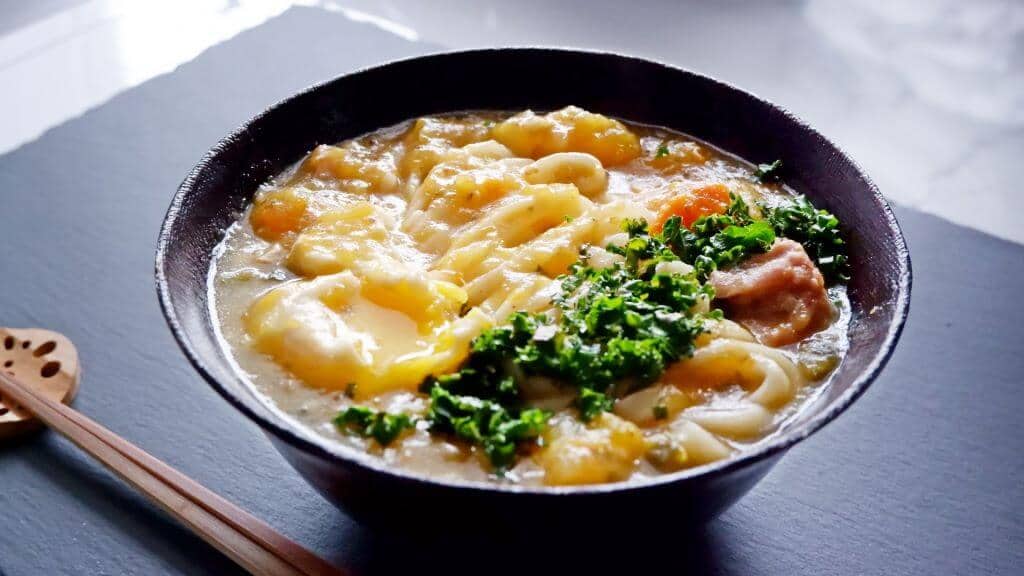
Miso nikomi udon is a must-try for anyone who loves udon.
The udon is thick and firm, and the broth made of thick red miso and dried bonito flakes is excellent.
Each store uses a different type of miso and the taste is different, so it’s a good idea to enjoy it.
There are many specialties in Nagoya, but I would like people to try Miso-nikomi Udon first.
There are many different kinds of udon in Japan, so if you’re curious,
Click here to check out some other Japanese udon!!
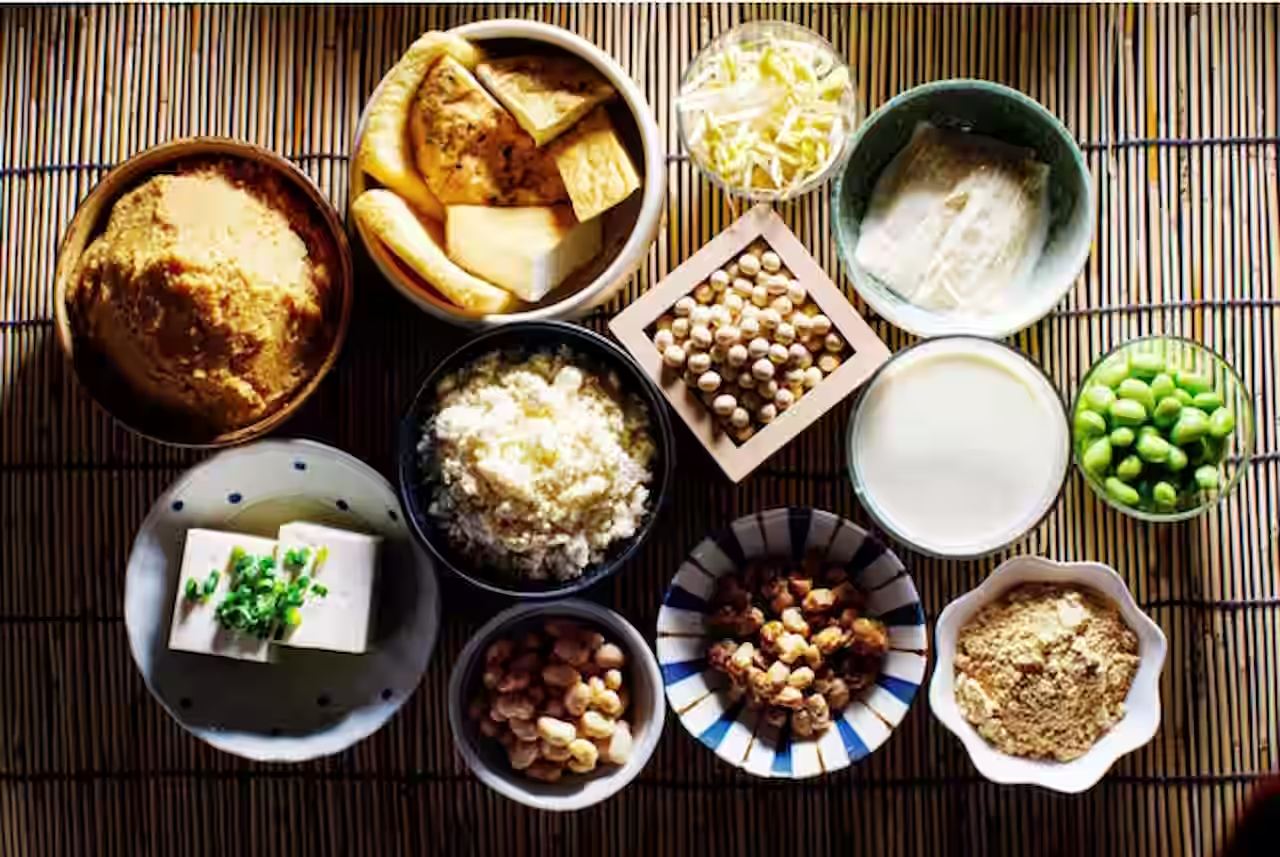
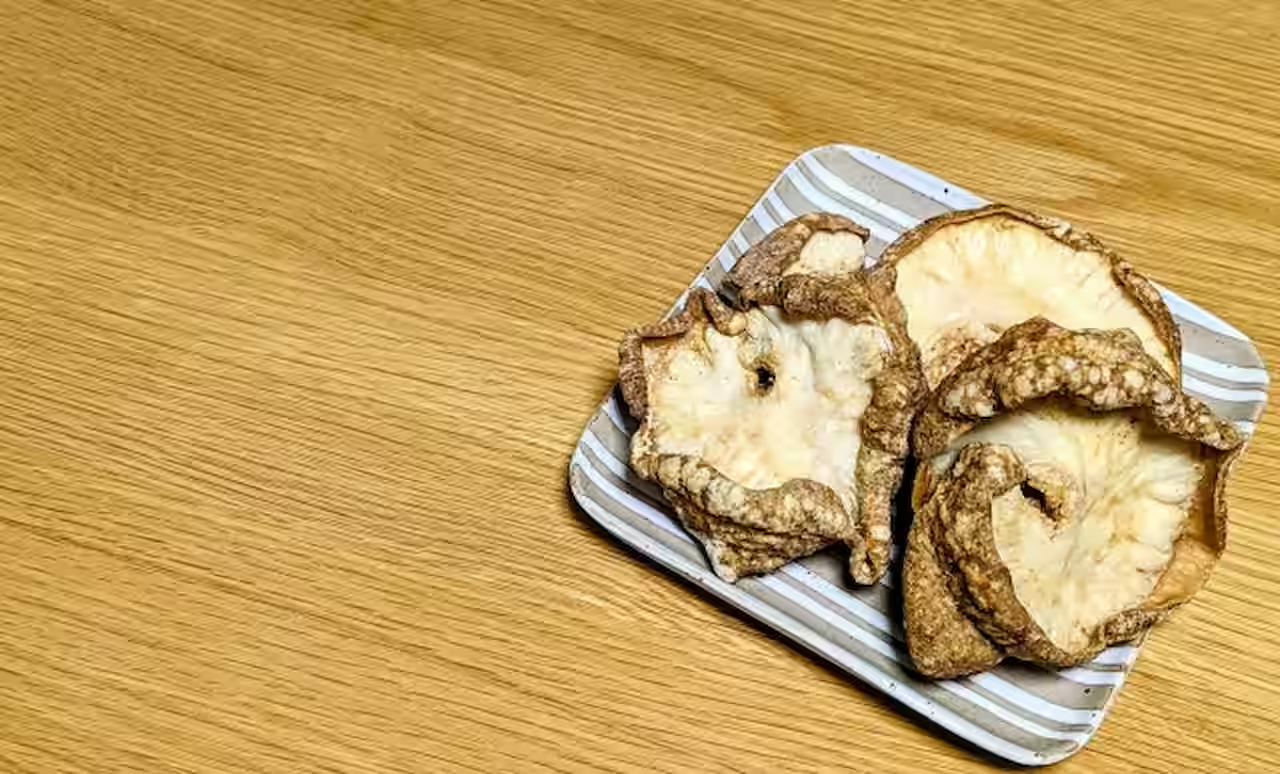
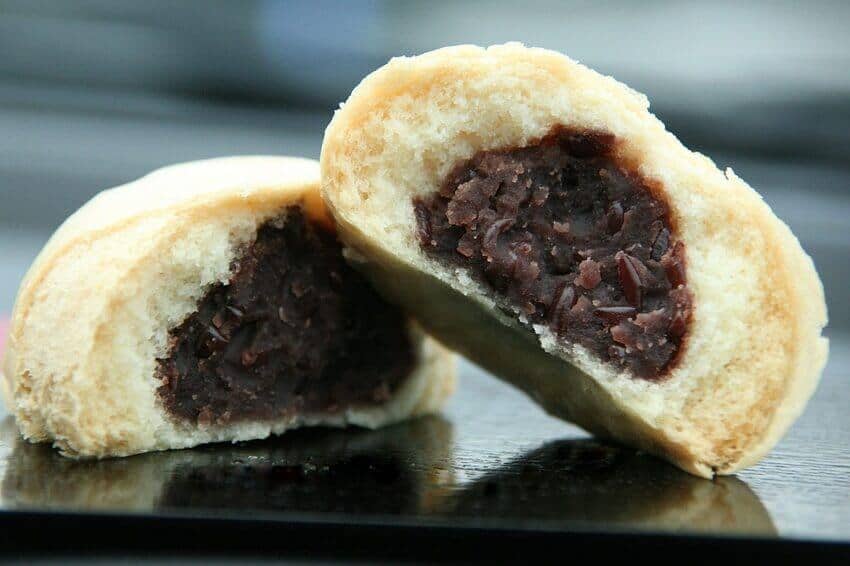

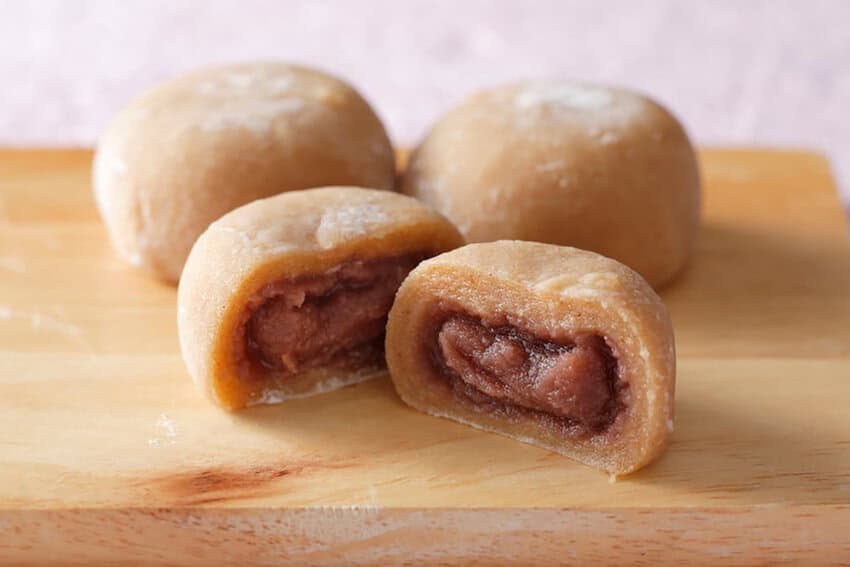

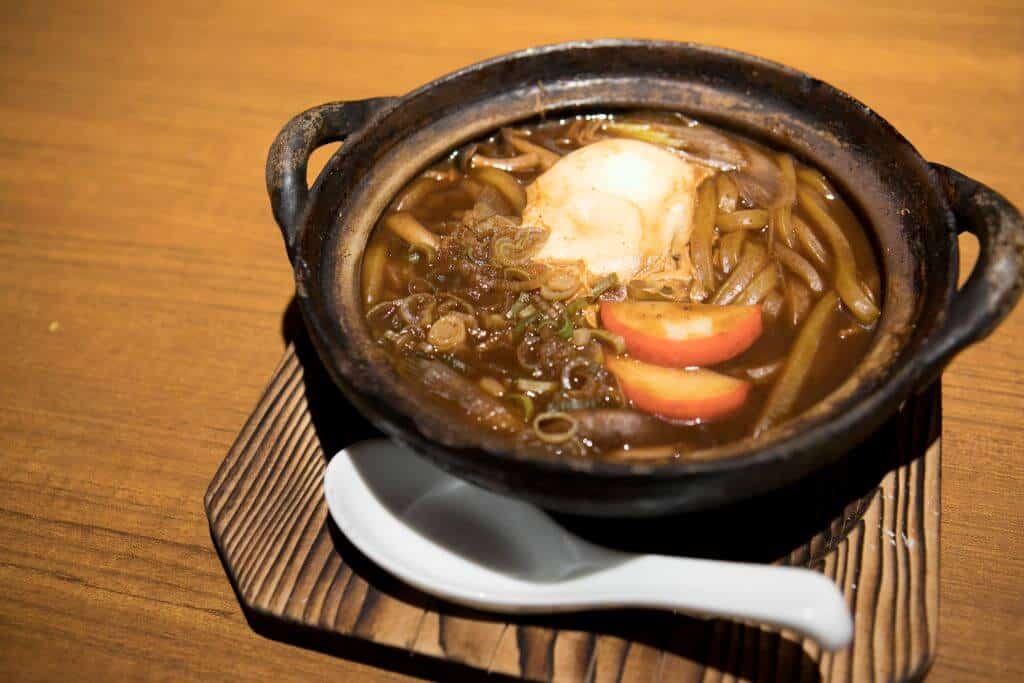
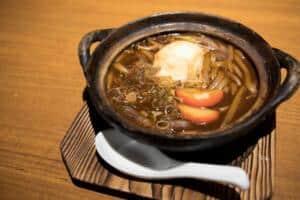
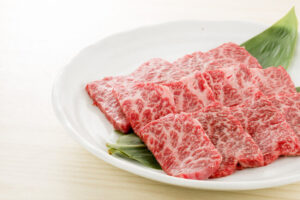
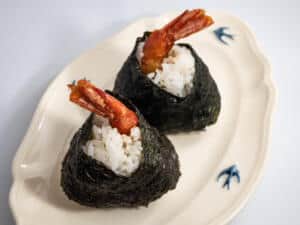
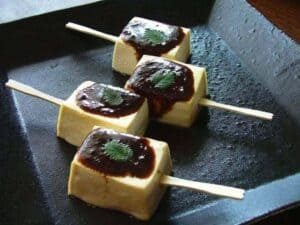
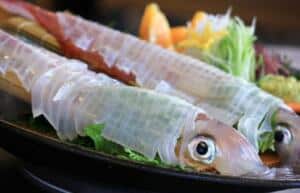
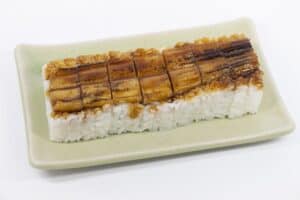
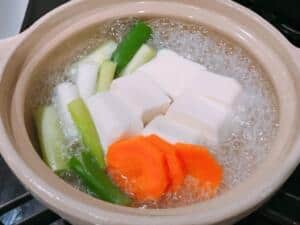
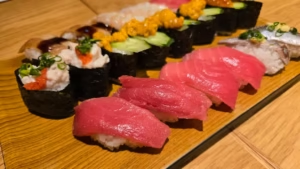
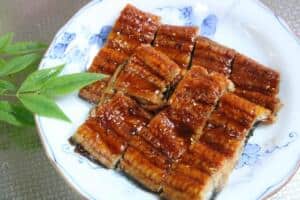
Comments